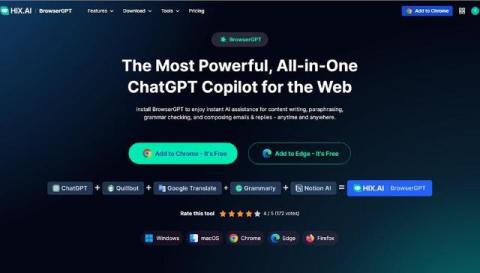AI Regulations and Governance Monthly AI Update
In an era of unprecedented advancements in AI, the National Institute of Standards and Technology (NIST) has released its "strategic vision for AI," focusing on three primary goals: advancing the science of AI safety, demonstrating and disseminating AI safety practices, and supporting institutions and communities in AI safety coordination.











